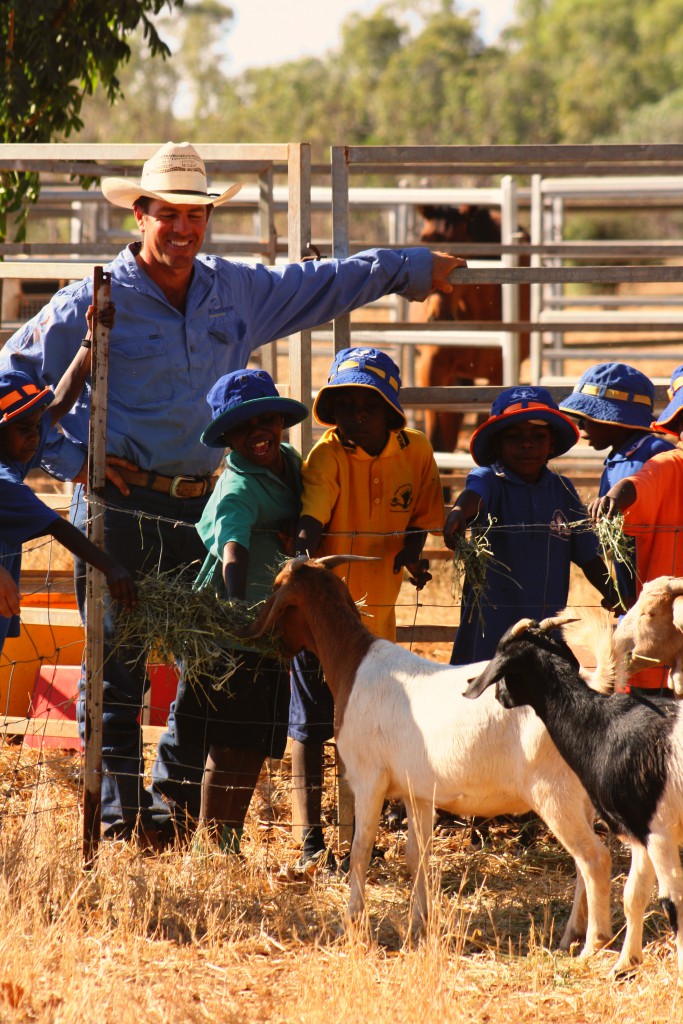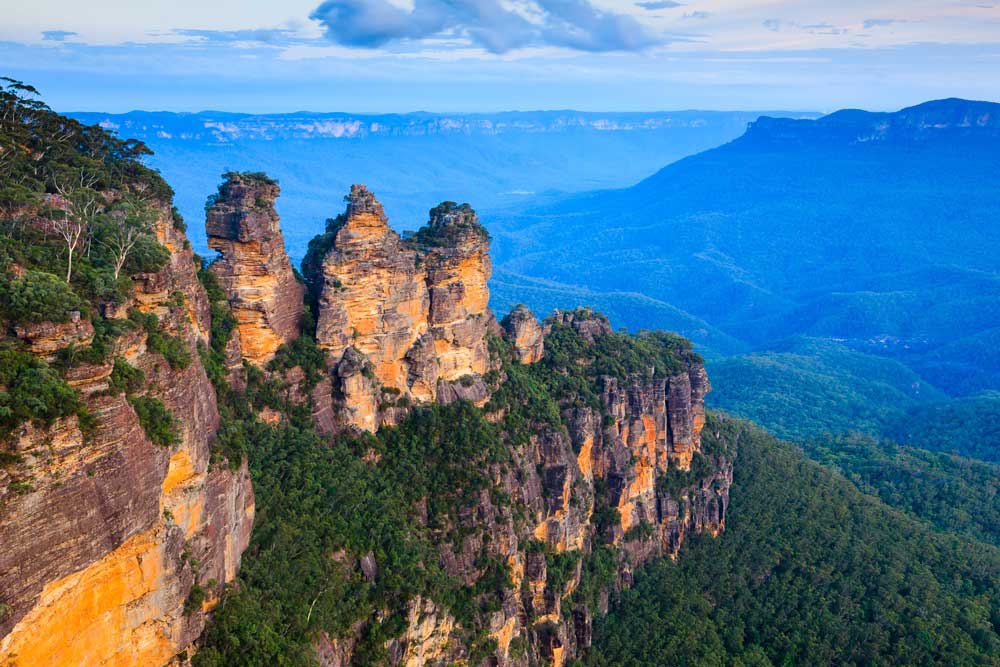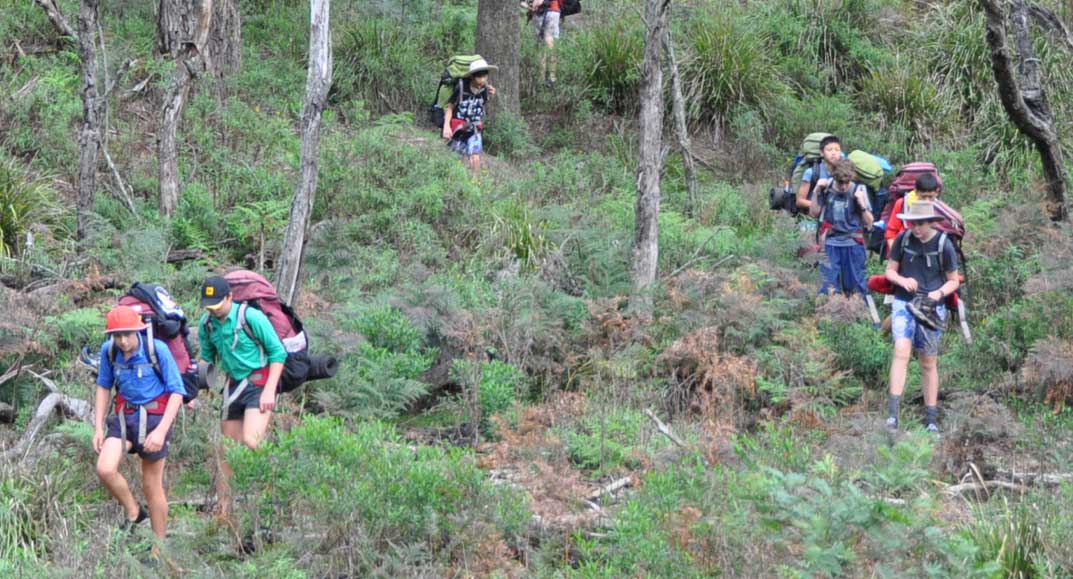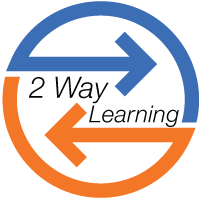“Schools need to prepare students for a world in which people need to work with others of diverse cultural origins, and appreciate different ideas, perspectives and values; a world in which people need to develop trust to collaborate across such differences; and a world in which people’s lives will be affected by issues that transcend national boundaries”.
Andreas Schleicher – Director, The Organisation for Economic Cooperation and Development Directorate for Education and Skills.
PURPOSE
The purpose of ‘2 Way Learning’ is to connect people from different cultures and backgrounds – locally, Australia wide and globally – to learn with and from each other. For students, this requires competencies to navigate culturally diverse and digitally connected communities in which they work and socialise. These include:-
- the acquisition of in-depth knowledge and understanding of global and intercultural issues
- the ability to learn from and live with people from diverse backgrounds
- attitudes and values necessary to interact respectfully with others.
OUTCOMES
‘2 Way Learning’ provides opportunities for students to engage in experiential learning that fosters international and intercultural relations and to reflect upon the outcomes of their learning. Through engagement in the activities students will:-
- acknowledge and value the diversity of people
- appreciate different languages and cultures
- display intercultural sensitivity, respect and appreciation
- understand international concerns relating to social justice and gender equity
- understand the importance of relationships between humans and the environment.
The development of global competencies also supports further education and employment opportunities beyond secondary schooling. Recruiting trends identify the importance of working effectively in organisations and markets that are increasingly global and diverse. The critical skills include:-
- awareness and experience of diverse cultures
- the ability to work with and get along with others from diverse cultures
- effective and appropriate communication and behavior within diverse teams.
PREREQUISITES
Students who participate in ‘2 Way Learning’ programs will require:-
- background knowledge and understanding of major Australian intercultural and environmental issues
- an attitude that embraces openness, respect, global mindedness, and responsibility for ones’ actions
- empathy towards the thoughts, beliefs and feelings of others
- collaborative problem solving skills
- comfort with ambiguity and change
- strong communication skills in English.
THE PROGRAM
‘2 Way Learning’ offers 5 different experiences to build global competencies.
1. Remote Australia
a. If English is the First Language of the participating students, they will be immersed in an Aboriginal community. This program involves:-
- working alongside primary and high school student in literacy, numeracy, music, drama, visual arts and sport programs
- a basic introduction into the 1st language of the Aboriginal peoples
- interactive learning about Aboriginal culture, traditional ways of living and the creation of identity
- guided tours of the region, learning about the history and geology of the land
- daily reflection
- service learning.
b. If English is the Second Language of the participating students, they will experience the region first hand and will be provided with information about the:-
- history of the region including the original inhabitants and the non-Aboriginal settlement
- geology and geography of the region
- flora and fauna of the region
- demographics of the people.
Students will also engage with the local students in the region.

2. Inner City
Students will learn about the:-
- history of the region including the original inhabitants and the non-Aboriginal settlement
- geology and geography of the region
- flora and fauna of the region and wider Australia
- university opportunities including visits to some of the major institutions.
Students will also engage in recreational activities that will provide them with another perspective of the city.

3. Conservation
Students will undertake an experiential learning opportunity in a natural setting that focusses on the sustainability of individuals, the society and the environment.
Students will:-
- learn about themselves, others and the environment
- develop an awareness of and commitment to social and environmental sustainability
- promote an awareness of and respect for the power of nature
- develop skills and knowledge enabling them to advocate for and support animal welfare.

4. Outdoor Education
Students will undertake an outdoor education program within a wilderness environment. Students will:-
- be exposed to a variety of Australian recreational experiences
- have an opportunity to develop leadership capabilities
- learn about themselves, others and the environment
- develop skills of independence, resilience and cooperation
- experience working as a member of a team.

5. Service Learning
Students will engage in activities in which they connect with marginalised members of our society. They will learn with and from each other and through their actions they will contribute to:-
- the security and fulfilment of themselves and others
- a sustainable world
- a just and equitable society.
Students will grow a moral and ethical spirit of serving and supporting others via reflection on their contributions.

